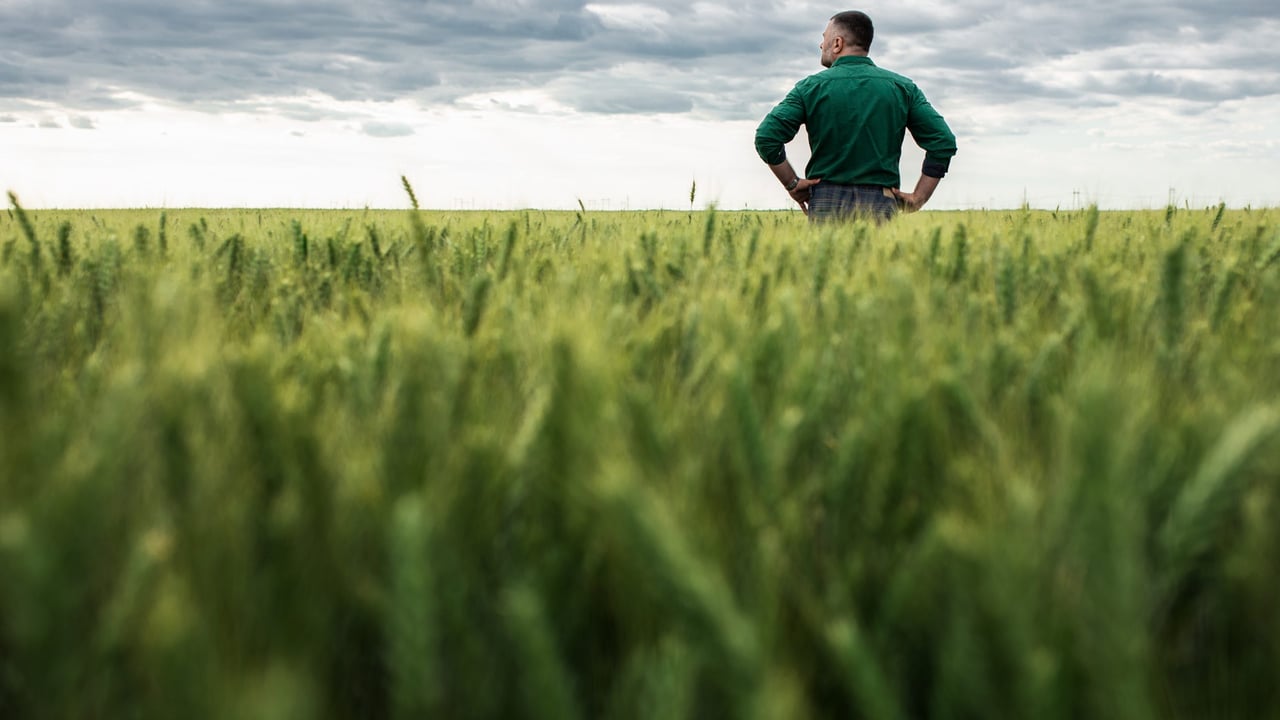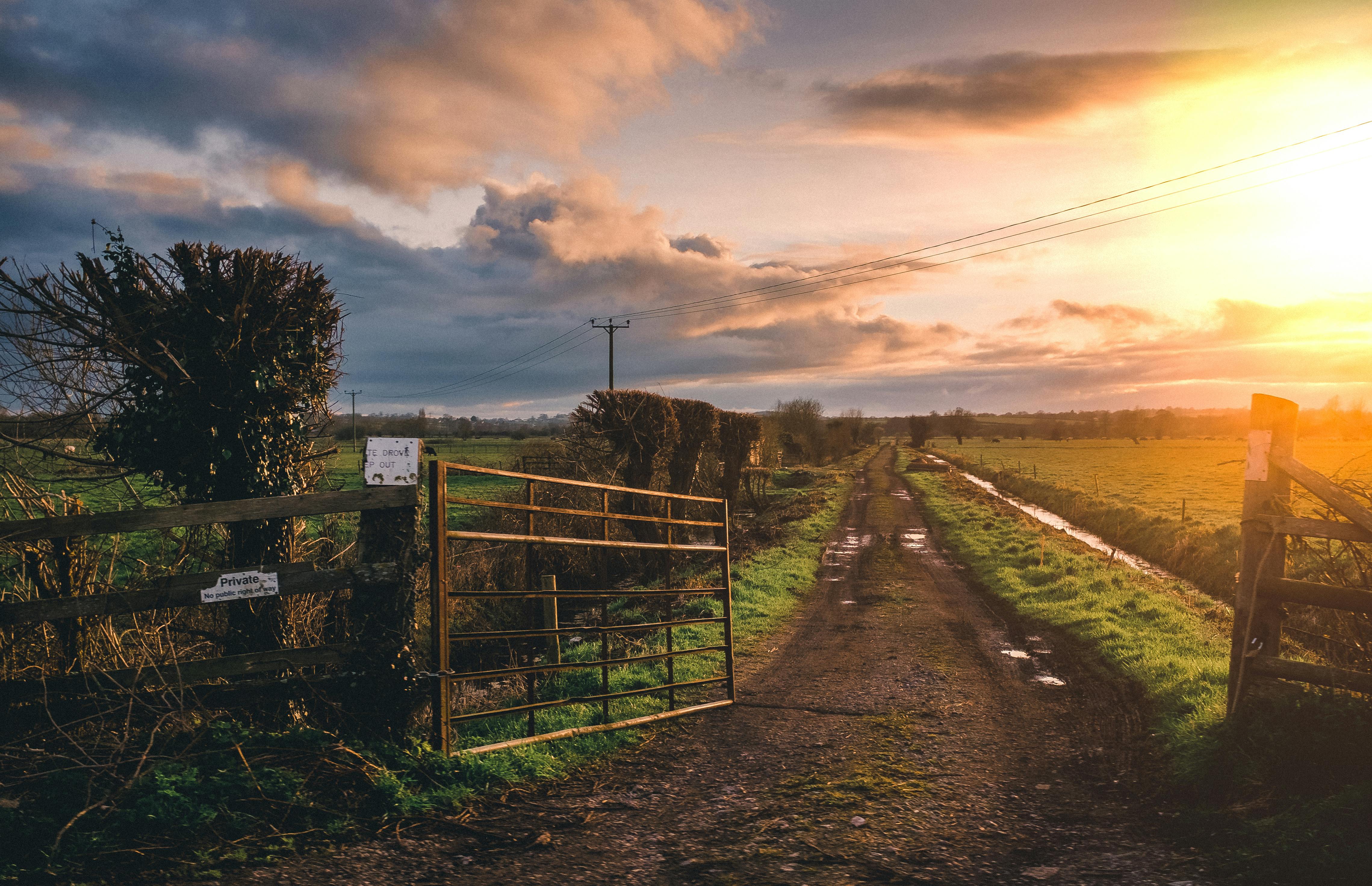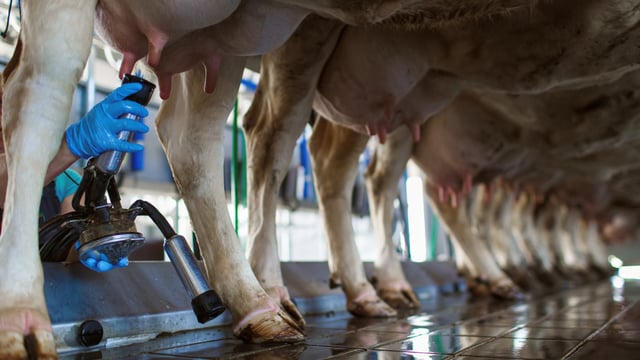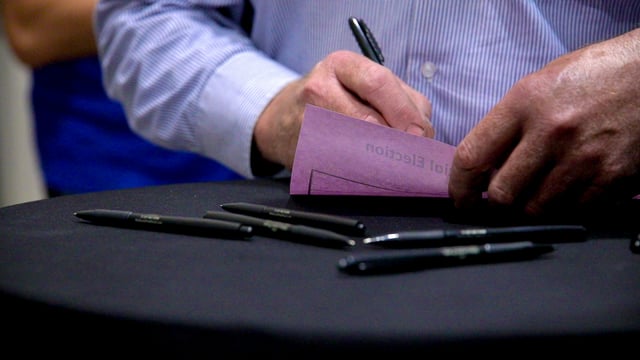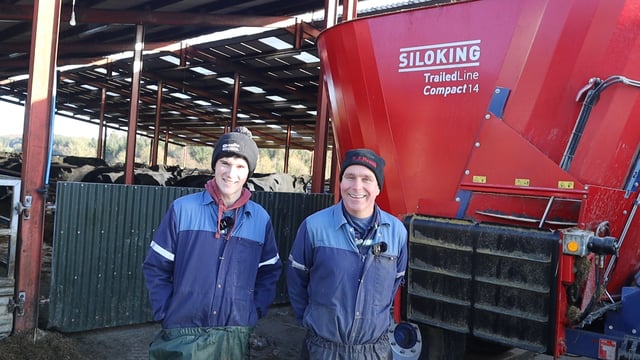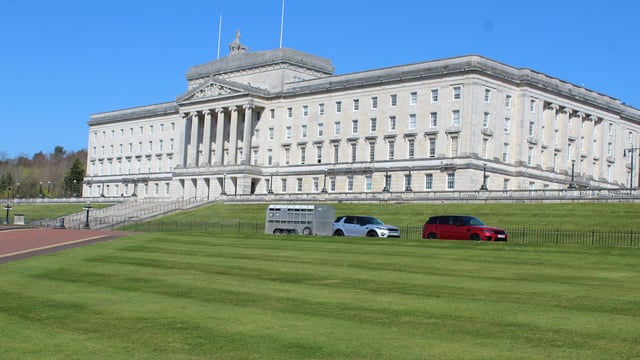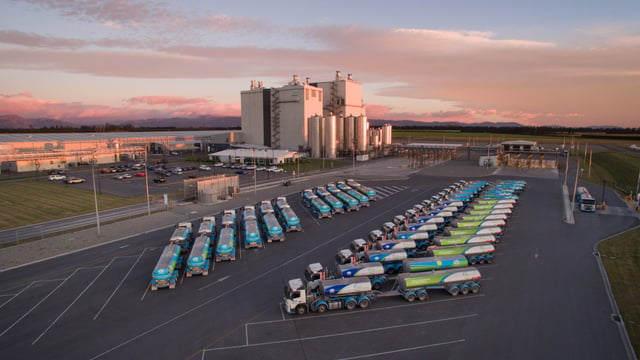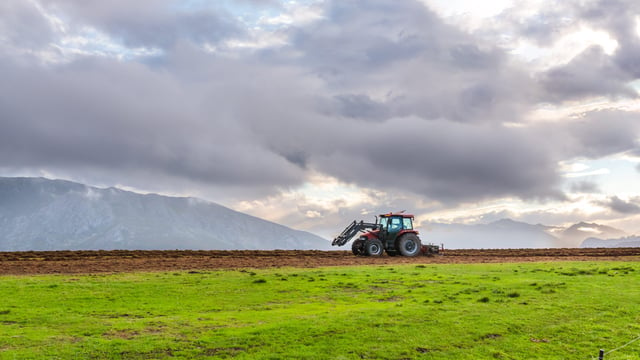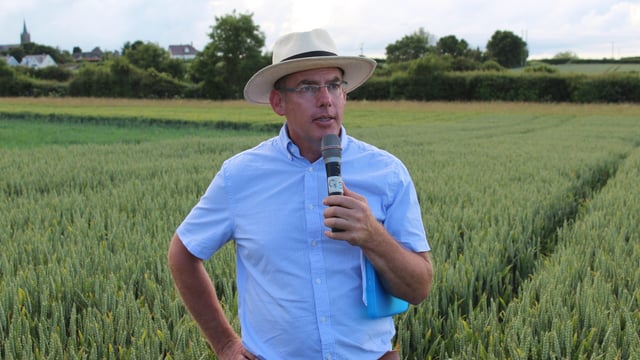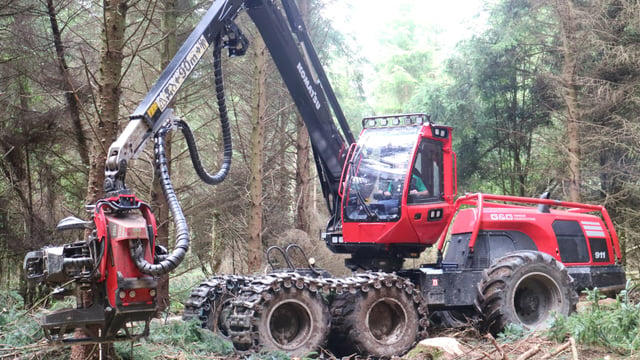Study: Farmers feel 'shut out' from climate action
The main barriers to sustainable farming practices in Ireland are practical and social factors, rather than ideological, new research has highlighted.
In a set of studies jointly conducted by University College Dublin (UCD) Agri Mental Health group and Technological University Dublin (TUD), economic pressures and exclusion from development of government policies were identified as the main barriers to the uptake of sustainable farming practices.
The studies, scoping review, and series of nationwide focus groups found that farmers face additional dilemmas around commitment to family tradition and long-term concerns about the scientific accuracy of current guidelines.
According to one study participant, it creates a "massive level" of frustration among farmers when they can see an environmental issue, but feel they have minimal opportunity to provide feedback on it to policymakers.
Results from the review suggest that up to 60% of farmers do not hold strong views on climate change itself, with only minor elements holding strong climate change denial views.
Focus group results indicate that the country’s food producers feel excluded from the development of policies that govern their practices.
Study
The recent findings support previous research from UCD’s Agri Mental Health group that identified concern over government policy as the main reported stressor impacting Irish farmers.
The research also found that almost a quarter of Irish farmers are at risk of suicide.
While economic pressures vary based on farming practices, the research outlined how, in facing these pressures, farmers see themselves "as businesspeople first".
One farmer said: “At the end of the day, farming is a business, and to be sustainable in business, you have to be making money.”
According to the research, in addition to shorter-term financial pressure, farmers hold long-term concerns about the accuracy and consistency of scientific advice, with many taking a 'wait and see' approach when it comes to making change.
Commitment to family tradition is also highlighted as a dilemma faced by many farmers, who report in the study that changing practices can feel like “a betrayal” to the work of older generations.
Another farmer noted: “There's that feeling there the last two or three years, with the missions or targets that are set, that they seem to be getting the blame for a huge amount of the issues that are there, climate-wise."
This research is part of a project titled ‘Sow What?’: Connecting Farmers and Policy Makers on Climate Change, which is funded by the Environmental Protection Agency and aims to develop tools that will improve the communication between farmers and policymakers in relation to climate policy.

